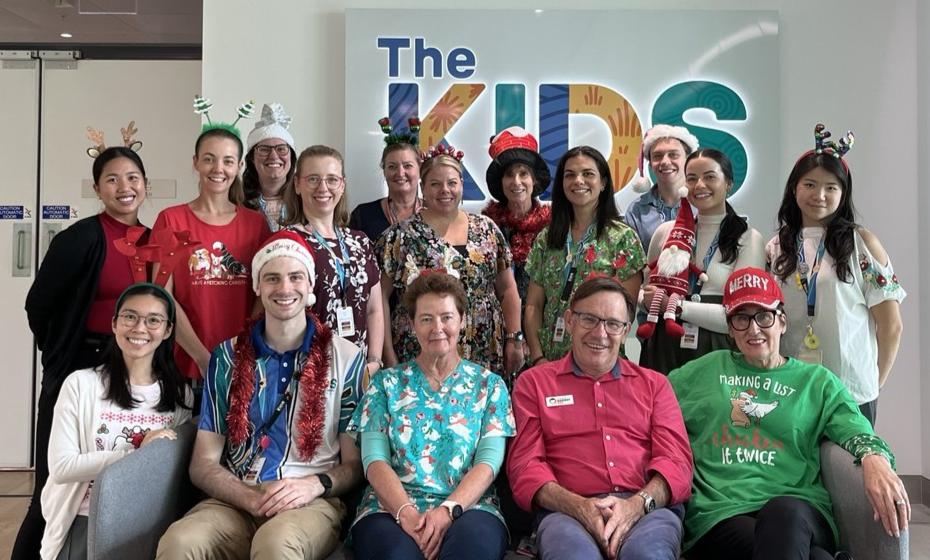Search
Help us discover a way to expand protection for the next generation.

The CMVictory Study aims to learn more about the safety and effectiveness of a potential CMV vaccine.
ATOMIC Ears Study The ATOMIC Ears Study aims to evaluate a new treatment designed to prevent ongoing ear infections in kids having grommet surgery.
MenABCWY QUINTET Study Meningococcal disease is a rare but serious disease that can result in death if not recognised and treated quickly. There are
Coming up in 2021 We have a a study to suit every age range in 2021! From babies at just six weeks for the FluBub Study, through to teenagers in

The year that was 2025!
Highlights from the VTG Laboratory in 2025
Conference presentations in 2025
COVID-19 Research Update
Latest news & events at the Wesfarmers Centre of Vaccines & Infectious Diseases.
